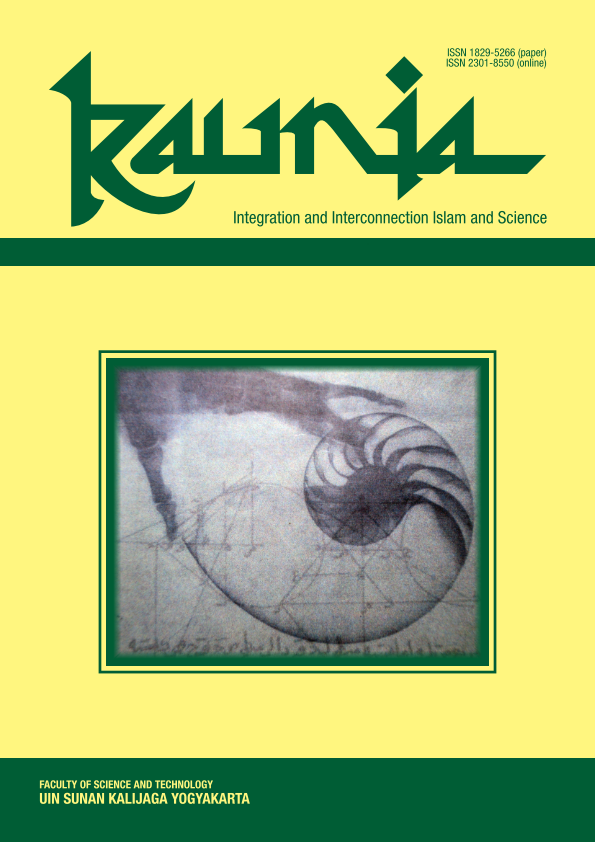Assisting Women’s Farmer Community in Utilization of Coconut Water for Coconut Ketchup Production in Penggung, Hargorejo Kokap Kulon Progo
DOI:
https://doi.org/10.14421/kaunia.1796Keywords:
Coconut water, Soy sauceAbstract
Penggung, Hargorejo, Kokap, Kulon Progo is the region that has many growing coconut trees. The utilization of the coconut including the nira (fermented coconut) and coconut flesh. The coconut is extracted to get the coconut flesh while the coir and shell were sold to collectors. The water was wasted without utilization. In this case, Kelompok Wanita Tani (KWT or women’s farmer community) is trying to utilize coconut water through assisting the program of the coconut soy sauce production. The main material for making soy sauce is coconut water and spices. The method used by washed spices and mashed it, then warmed up the spices with coconut water. Because of the low protein content, the water soy sauce can be added with soybean, fish or shrimp powder to increase the protein. The water coconut soy sauce contained 24.01% of water, 2.30% protein, 6.09% of ash and 12.34% solid solution. The soy sauce lasts for a week without any preservatives. For more seven days usage can be added with 0.02% benzoate acid 0.5 g into a bottle of soy sauce.References
Haerani, Hamadan. 2016. Pengembangan Kecap dari Air Kelapa. Seminar Nasional “Pendidikan Ilmu-Ilmu Sosial membentuk karakter Bangsa dalam rangka Daya saing Global”. Fakultas Ilmu Sosial UNHAS Makasar.
Kusumawardhani, Wahyu. 2011. Pemanfaatan Air Kelapa Sebagai Produk Olah kecap dengan Penambahan Bubuk Kedelai dan Bubuk Tempe. Universitas Sebelas Maret: Surakarta.
Maulana, Achamad. 2018. Kecap dari Air Kelapa. Fakultas Sains dan Teknologi UIN Sunan Kalijaga: Yogyakarta
Purwandari, Ari W. 2007. Kecap. Jakarta: Ganeca Exact
Totok. Haryato. 2004. Kecap dari Air Kelapa. Trubus Agrissarana: Surabaya.
Downloads
Published
Issue
Section
License
All articles published in Kaunia are licensed under a Creative Commons Attribution-NonCommercial-ShareAlike 4.0 International license, with the copyright to these articles held by the journal. Anyone is free to read, download, copy, distribute, print, search, link to full text articles, or transform an article, in any medium or format, provided they do so non-commercially, give appropriate credit to Kaunia, and distribute any derivative work under the same (or equivalent) terms.
By submitting to Kaunia, authors agree to both the terms of the CC BY-NC-SA license and the automatic transfer of the copyright to their article if it is accepted.









